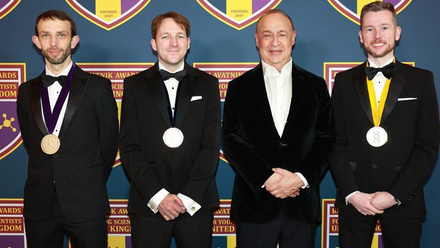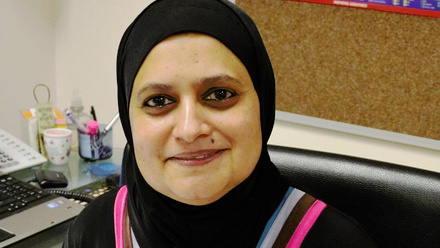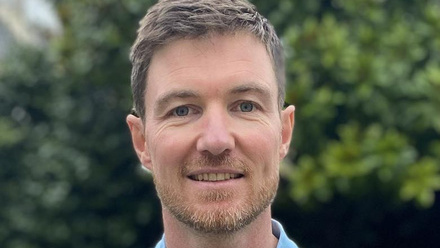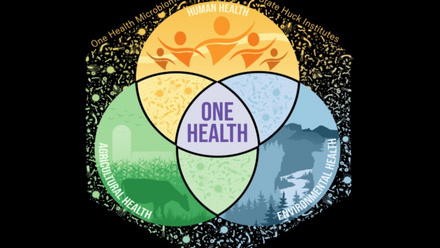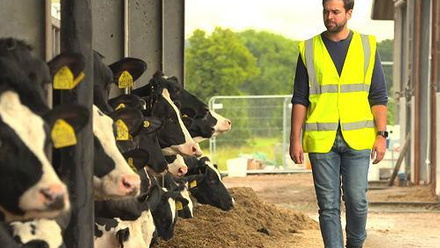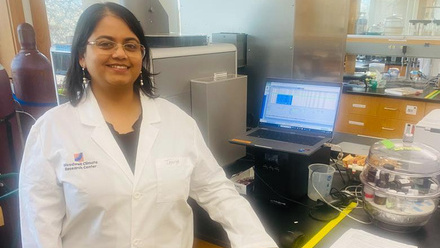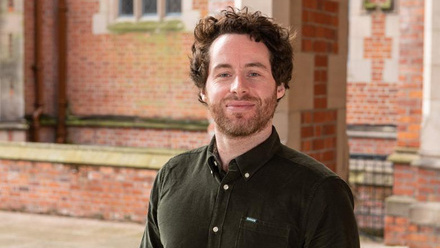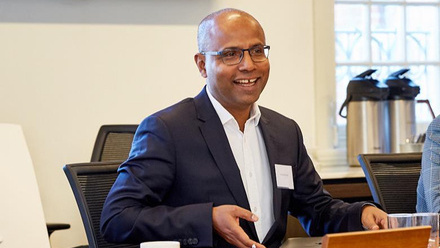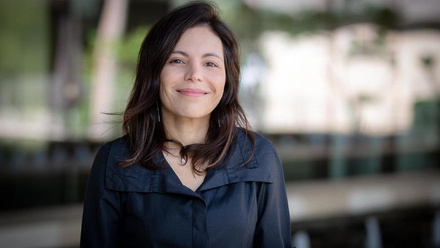Nominations for the 2025 Horizon Awards are now closed until 2026.
The Horizon Awards recognise excellence across various domains of applied microbiology. Each award reflects a unique aspect of our field and its relevance to global challenges. To nominate someone for any award, except the Dorothy Jones D&I award, an active AMI membership is required.
- WH Pierce Global Impact in Microbiology Prize
- Basil Jarvis Food Security and Innovation Award
- John Snow Public Health Innovation Prize
- Christiana Figueres Policy to Practice Award
- Rachel Carson Environmental Conservation Excellence Award
- Dorothy Jones Diversity and Inclusion Achievement Award
If you're not sure if you or a colleague are eligible for these awards, you can view the full nomination criteria by clicking here.
Questions or need assistance? Email us at [email protected] and stay updated by following us on our social media channels. Please note: you must be a member of AMI to nominate for an award.

